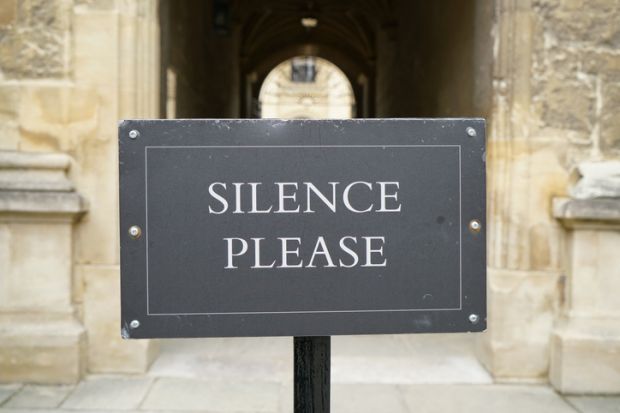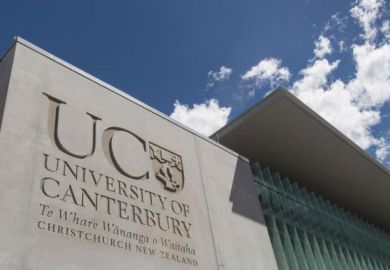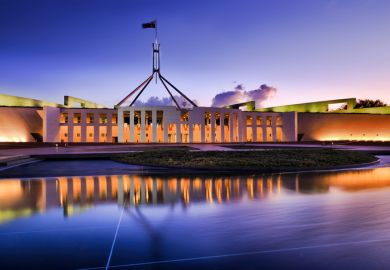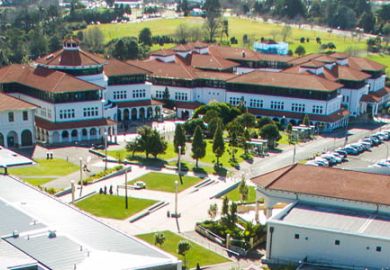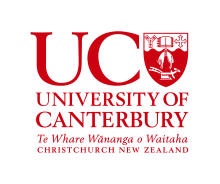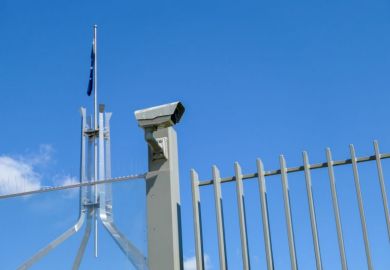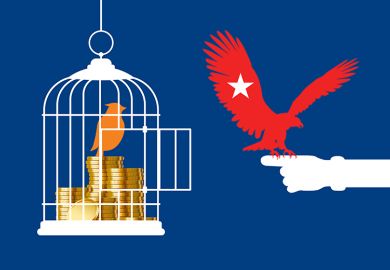New Zealand academia is experiencing a “constraining of voice” that undermines the university’s legislated role as critic and conscience of society, a conference has heard.
Tertiary Education Union (TEU) national secretary Sandra Grey said a “narrowing of the definition” of academic freedom had convinced many staff that their right to speak out was limited to their research expertise.
This was a misinterpretation of both international norms and national legislation, with the Education and Training Act assigning academics broader scope to engage in public discussion – particularly around teaching, learning and assessment.
“People are feeling a chilling effect,” Dr Grey told the TEU’s Academic Freedom Conference. “They [see] their colleagues reprimanded or pulled up when they speak up publicly, and then they don’t want to join in. The idea that you owe more to your institution and their brand than to broader concepts has come into people’s feelings about academic freedom.”
Dr Grey said that this had been evident in the thousands of responses to TEU’s three “state of the sector” surveys in 2013, 2016 and 2018. The union’s latest exploration of the issue, a smaller 2021 survey focusing specifically on academic freedom, had revealed a “narrowing of the right to speak” – with 80 per cent of respondents blaming management.
“The surveys…are showing a crisis in academic freedom,” she told the conference. “We haven’t been using it. We don’t really know what it is. We are getting it mixed up with other freedom of speech rights.”
The new survey attracted about 350 respondents, with most saying the institutional environment only “somewhat” upheld the freedom of staff and students to put forward new ideas or express unpopular opinions. Participants described a “climate of fear” fostered by threats of dismissal, denial of promotion and funding and workload constraints.
Criticising the operations and financial affairs of one’s own institution was considered a particular no-go area, with fewer than half of respondents believing academic freedom encompassed such rights – and only about 10 per cent exercising them.
More than one-third of respondents also nominated “academic culture” as a key inhibitor, with some cautioning against “no platform” responses to controversial topics.
Academic freedom made the headlines in New Zealand last year, when University of Canterbury political scientist Anne-Marie Brady faced investigation over a paper criticising Chinese foreign influence.
Massey University faced accusations that it had attempted to gag staff through a media commentary policy introduced amid controversial cuts to its science offerings. In 2018, Massey was also criticised after a planned address by former conservative political leader Don Brash was cancelled at short notice.
Massey vice-chancellor Jan Thomas said New Zealand’s approach to academic freedom was better than in Australia. “I recognise that people feel it’s being eroded, but there’s an awful lot of good here,” she told the conference.
Professor Thomas said more work was needed in tackling “self-censorship” by precariously employed academics – an issue that particularly affected women, Māori, Pacific Islanders and immigrants. “[It] means the voice of the academy is not as diverse as the population of the academy.”
She said that scholarly contributions on controversial topics too often unleashed a “tsunami of trolling” and letters of complaint. “That has really amped up in the last few years. Universities have a key role in protecting those folks, and making sure they are able to continue to speak their truth.”
Register to continue
Why register?
- Registration is free and only takes a moment
- Once registered, you can read 3 articles a month
- Sign up for our newsletter
Subscribe
Or subscribe for unlimited access to:
- Unlimited access to news, views, insights & reviews
- Digital editions
- Digital access to THE’s university and college rankings analysis
Already registered or a current subscriber?
